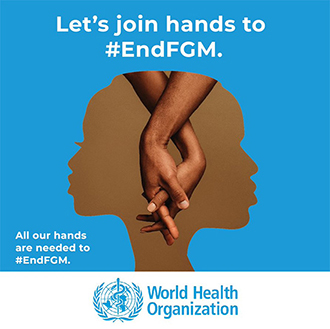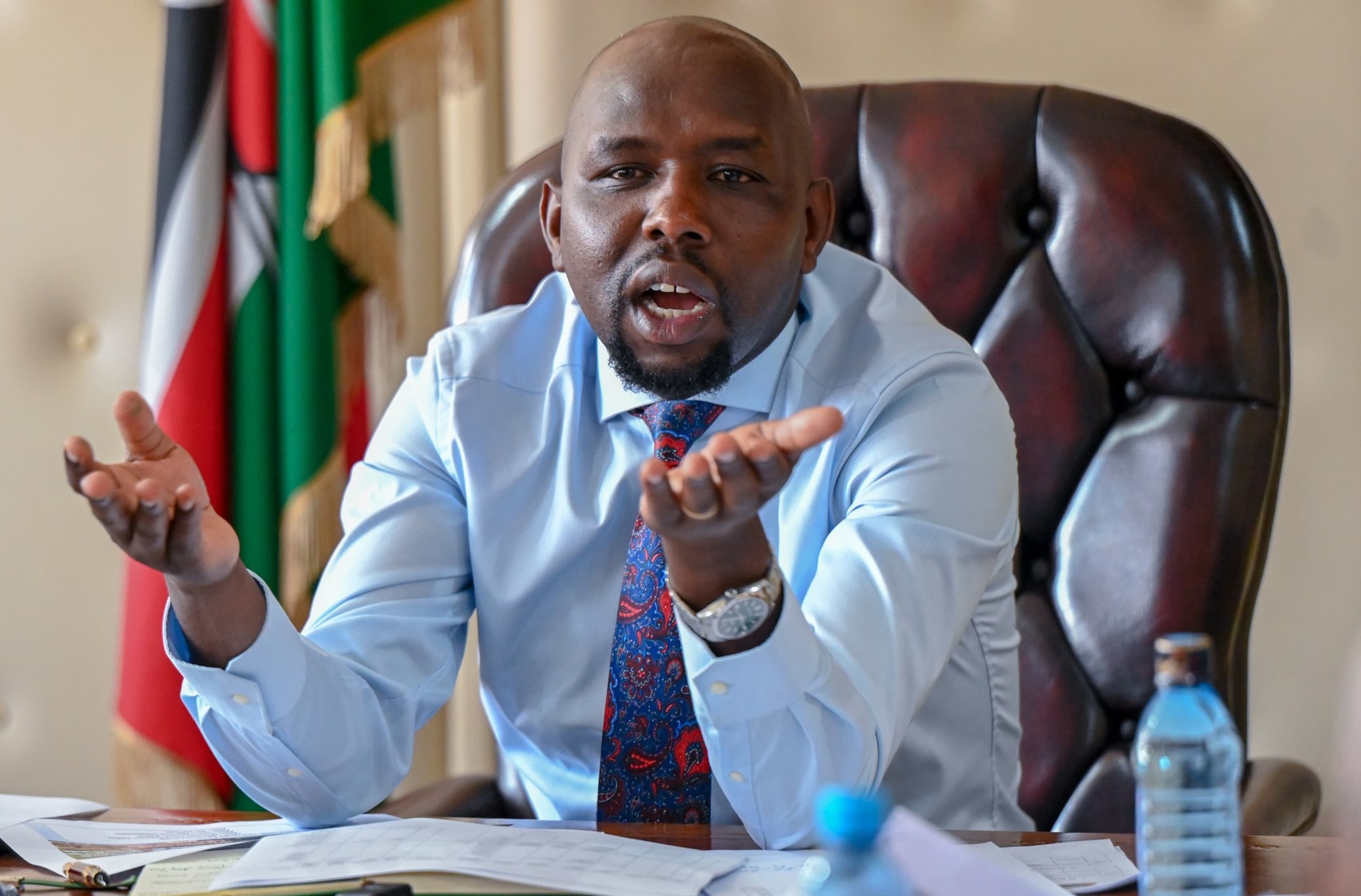Sifuna Officially Declares ODM-UDA MoU Defunct After Death of Blogger in Police Custody
ODM Secretary General Edwin Sifuna has declared the MoU between ODM and UDA dead, citing the death of blogger Albert Ojwang in police custody as the breaking point. He accused the Kenya Kwanza government of bad faith and using the agreement for public relations. Sifuna said the deal failed to uphold its core goals of protecting life and democracy.
Edwin Sifuna: Recently we had a meeting and there was a proposal to have a team to review the implementation of the MOU...
Posted by Citizen TV Kenya on Tuesday 22 July 2025
Orange Democratic Movement (ODM) Secretary General Edwin Sifuna has announced the official collapse of the political Memorandum of Understanding (MoU) between ODM and the ruling United Democratic Alliance (UDA), following the death of teacher and political blogger Albert Ojwang while in police custody. Sifuna described Ojwang’s death as the final straw that exposed the betrayal of the MoU’s spirit and purpose, which he said was anchored on protecting life and sustaining Kenya’s democratic stability.
Speaking during an interview on Citizen TV, Sifuna expressed outrage over Ojwang’s demise, stating that no political arrangement could be deemed successful if innocent Kenyans continued to die at the hands of state security agencies. “On the day that Albert Ojwang dies in a police cell, to me this agreement is dead. Because it doesn’t matter what else you do, Albert will not be able to enjoy that agreement,” he said emotionally.
Sifuna pointed out that the ODM-UDA MoU was never about forming a coalition or a political merger, but rather about easing political tensions and preventing further loss of lives following the highly contested 2022 general elections. The Nairobi Senator lamented that the killings and brutality being witnessed today negate any moral authority the agreement may have once had. He insisted that while political calm may have been temporarily achieved, it was coming at a deeply troubling human cost.
He further revealed that he had personally opposed the idea of entering into a formal MoU with UDA from the start, warning his party that President William Ruto’s government was not sincere in its intentions. “I am on record having advised the party against doing this MoU with UDA. The truth is that the people in Kenya Kwanza and especially President Ruto were never committed to the contents of that agreement,” Sifuna said.
According to Sifuna, the Kenya Kwanza administration only wanted a public relations victory out of the agreement—to portray an image of national unity and bipartisanship while continuing to operate in disregard of democratic values and human rights. “They wanted a document they could wave around in the media and say we’re united. But that was never the purpose of the MoU. It wasn’t meant to be a coalition agreement, and they’ve been misrepresenting it to the public,” he added.
The ODM Secretary General also dismissed recent efforts within the party to form a team to assess the implementation of the agreement. He confirmed that he had chosen not to participate in that initiative because, in his view, the MoU had already lost all legitimacy. “We had a meeting where it was suggested that we review the implementation of the MoU, but I respectfully declined to be part of that team. I had already declared it dead,” he affirmed.
Sifuna emphasized that the original foundation of the MoU was twofold: first, to stop unnecessary killings and state-sponsored violence, and second, to preserve Kenya’s democratic order. However, he lamented that while the ruling administration was benefitting from political calm and legitimacy, ordinary citizens, particularly opposition supporters, continued to face brutality, intimidation, and death.
“The agreement was about the sanctity of life and the strength of our democracy. Yes, democracy may seem to be holding up, at least until 2027, but what about our people? They’re still being killed. That alone proves that the agreement no longer serves its purpose,” Sifuna concluded.
His statement has reignited debate on the effectiveness and sincerity of post-election political truces, particularly in a climate where state agencies are increasingly accused of repression and abuse. Many Kenyans, especially those allied to the opposition, have echoed Sifuna’s sentiments and are now questioning the value of political pacts that fail to protect the lives and freedoms of citizens.













